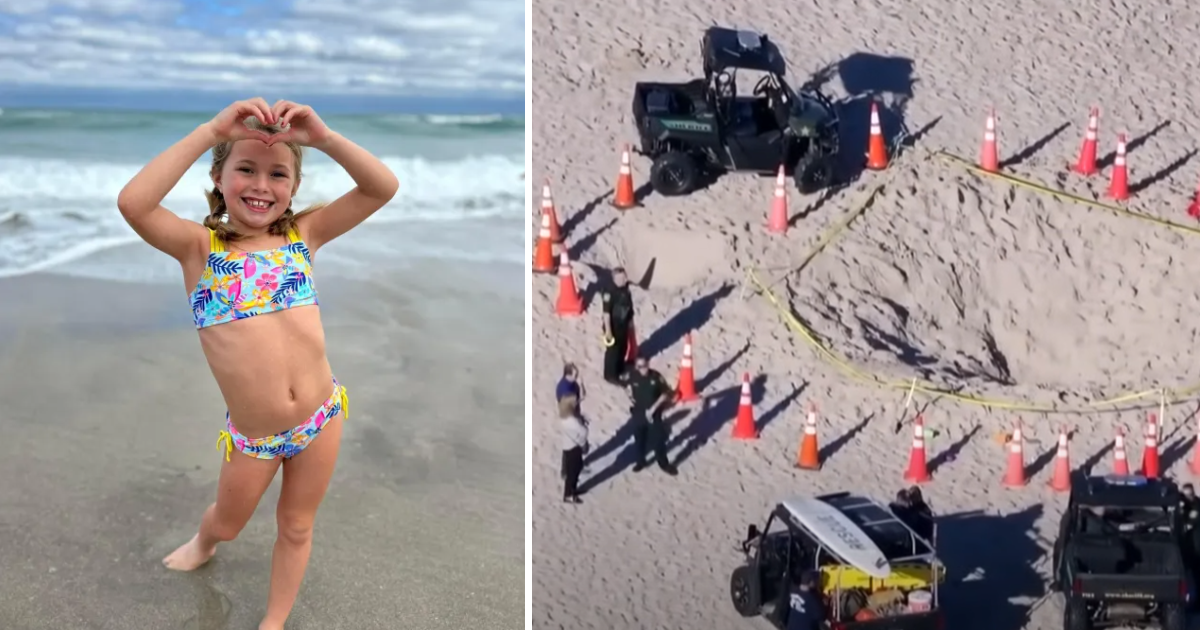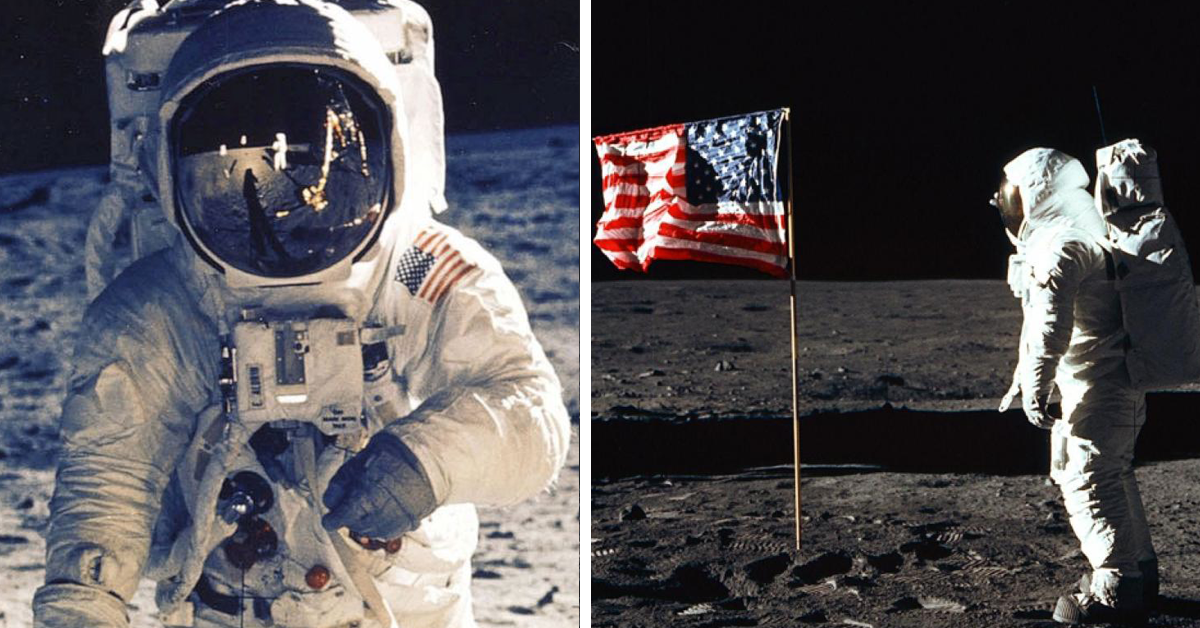Girl Loses Life In Tragic Sand Hole Accident While Playing At Beach

Did 18 million voters really sit out the 2024 election? Anonymous claims something doesn’t add up—and people are buzzing. Read on to find out why

The 2024 U.S. presidential election has stirred more than just political debates—it’s ignited a wildfire of controversy and speculation. With Donald Trump reclaiming the Oval Office and becoming the 47th president after defeating Vice President Kamala Harris, the election results have left many scratching their heads.
Just hours after Trump’s projected victory, the infamous hacker group Anonymous chimed in, raising alarms over alleged discrepancies in voter turnout numbers.
Anonymous, known for its cryptic messages and startling revelations, took to social media to draw attention to what they call suspicious voting data. On Twitter, the group noted, “Something doesn’t add up. In 2020, Biden had 81 million votes, Trump had 74 million.
In 2024, Harris got 66 million votes, Trump got 71 million. 15 million Democrats sat this one out? 3 million MAGA supporters didn’t show up? No way.”
The tweet quickly gained traction, amassing thousands of reactions and sparking debates across digital platforms. One commenter wrote, “People voted during COVID. But not in 2024?” Another added, “I don’t want to be a conspiracy theorist, but is this the ‘secret’ Trump hinted at? He didn’t even seem to push hard towards the end.”
The numbers, as Anonymous pointed out, suggest a significant decline in voter participation compared to 2020’s record-breaking turnout.
According to the data cited, voter participation dropped by an estimated 18 million compared to the last presidential race. The implications have led many to question why such a substantial number of voters appeared to stay home despite high political stakes.
Trump’s return to the presidency came with victories in key battlegrounds like Pennsylvania, Michigan, Georgia, and North Carolina. He even managed to secure four out of five electoral votes in Nebraska, further solidifying his win.
Some argue that disillusionment with the political process and the candidates may have kept voters away. Others suggest possible voting restrictions or changes to voting laws as potential factors. However, none of these theories have quelled the fire started by Anonymous’ post.
The group’s tweet has particularly resonated with those already skeptical of election integrity. “This doesn’t feel right,” one user wrote. “Every Dem I know was voting. Even some Republicans I know crossed over to vote for Harris. Something’s not adding up.”
 Photo by Mati Mango from Pexels
Photo by Mati Mango from PexelsAs Trump declared victory with promises of a “golden age for America,” questions continue to swirl. Was the decline in voter turnout purely circumstantial, or do deeper issues lie beneath the surface?
Anonymous’ statement has reignited discussions about transparency, trust, and the vulnerabilities in the electoral system—conversations that will likely continue well into Trump’s second term.
 Anna Moneymaker/Getty Images
Anna Moneymaker/Getty ImagesThis situation serves as a stark reminder that in an era of rapid information and digital revelations, questioning and verifying data is crucial. The dialogue around the recent election highlights the public’s desire for clarity, transparency, and trust in democratic processes. Staying informed and involved is more important than ever.
What are your thoughts? Comment it down, or share this article for all your family and friends to see!





